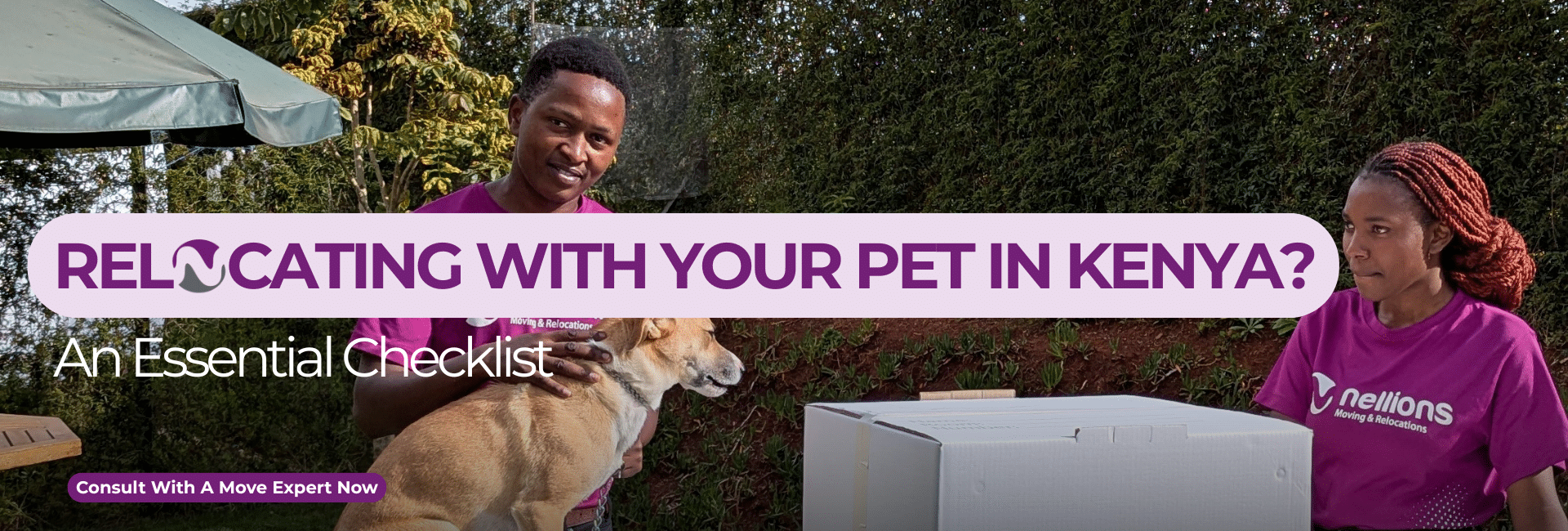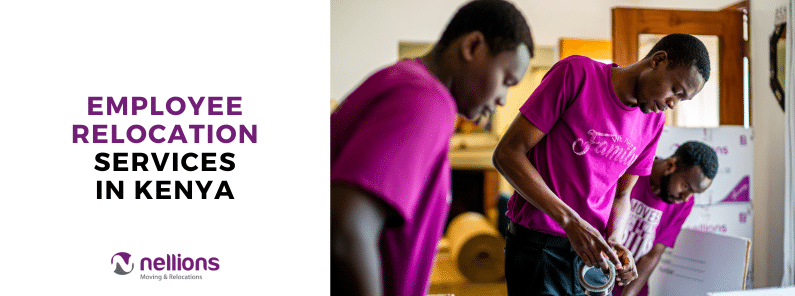Security, comfort, and ease are all crucial when it comes to moving senior citizens. Whether you’re moving elderly parents to their forever home or you’re a senior moving to get closer to your loved ones during these tough times, there are certain steps you can take to make the transition run smoothly.
This article covers two things: firstly, the things we’ve picked up in our experience moving senior citizens, and secondly, the lessons we have learned and what we advise to do when moving seniors.
Observations when moving seniors
Every month we move a few senior citizens both locally and internationally. In preparation for this article, we requested our moving crew to compile some of their observations based on their experience and they said the following:
- They value older items (furniture, appliances, etc) more than new ones — often citing sentimental reasons and sometimes even decline to accept new purchases even from their children.
- Understandably, many senior citizens are quite slow in their movements and explanations. Consequently, they expect things to move at their own pace.
- They are often friendly and caring. Seniors will often insist that movers pause their job and invite them to dine together at the same table. Refusing their offer can be tricky!
- Some seniors speak quite softly, which may sometimes be a challenge when they’re explaining a complex task
- Seniors prioritize love and being surrounded by their family.
- They are very keen on housekeeping. You have to place their goods and furniture exactly where they want them.
- Some elderly people need to take a nap during the day. The task at hand doesn’t matter.
- They mostly prefer calm and quiet environments to noisy areas. Talking with high voices when working might rub a lot of them the wrong way.
- They prefer houses where they can move about without assistance. They hardly ever move to houses with lots of stairs unless they have elevators.
Tips for moving Senior Citizens
Based on these lessons, we developed the following recommendations to guide our engagements when moving senior citizens:
1. Start Planning Early
A lot of senior citizens’ needs are not always apparent. It is therefore essential that you begin planning for the move early. If you’re planning for a relative’s move, consider things like easy access to healthcare. Find them a house that is easily accessible without them needing assistance. This house would preferably be in a quiet neighbourhood with more sounds of nature than the bustle of urban life. Get them one where they can bask in the sun in the yard. If they are moving in with a family member, consider accessibility for their sleeping quarters. Get them a room on the ground floor of the house where available.
2. Pay Attention to Their Needs
Empathy is the name of the game here. Each situation is different, so the mover needs to exercise their judgment as to how to relate with the client.
Some senior citizens like being involved in the moving process and will often give instructions as to how certain things should be done. They tend to be particular about the placement of items as they are used to having things their way. Heed them.
Some seniors need to rest at some point during the day. Move their bed as the last thing in the old house and set it up as the first thing in the destination house.
Others are friendly and just like to chat as the movers proceed with their tasks. The need for human connection is innate in all of us, so strive to accommodate them as much as possible.
3. Be Patient
Seniors generally move at a slower pace than younger people. Their decision-making process is sometimes lengthy, and some often require one to repeat something severally so they can understand. It is imperative that movers exercise patience in spades and employ the same empathy that they would with their elderly relatives.
4. Take the Opportunity to Declutter
It appears like as we grow older the more we become hoarders. We often say that moving is a perfect time to declutter your living space. A lot of seniors tend to have loads of clutter in their houses, which can be problematic especially when they are downsizing. You will need to consider their input when doing this, as people tend to be quite sentimental with their belongings.
If you are downsizing, we understand that you cannot simply get rid of every extra item. If that’s your situation, consider getting some decent storage services to tuck away the extra stuff.
5. Be Kind and Attentive
Be warm and friendly in your conversations and manner with senior citizens. A lot of them tend to be quite lonely especially when they’ve been living far from their loved ones, so they appreciate the chance of having someone to talk to.
Listen to their instructions carefully and seek clarification when necessary.
6. Make some disclosures
If you are planning a move for your elderly parent/s, relative, or friend please inform the moving company you are doing it on their behalf especially if the seniors will be present on the move day. The company will therefore plan for the best mix of movers to deploy. If any of the seniors have certain condition/s and will be around, it might help to disclose this to the Move Leader on the ground in order to be prepared, just in case. You might be aware of their most sentimental items which the movers will handle. Let the movers know so as to do their best on such items.
WHATEVER THE SITUATION, WE’LL GET THE JOB DONE
Senior citizens move for a myriad of reasons:
Many of our senior clients struggle with grief from leaving their long-time homes, the death of a loved one(s), or the anxiety of facing unknown physical challenges.
We are experts in moves that may be a little bit more sensitive and emotional. These moves include:
- Arranging moving and packing services for people looking to move their senior parent(s)
- Downsizing from a large family home into a smaller residence
- Moving belongings from a cottage to the primary residence
- Moving and storing items for long-term and short-term purposes













